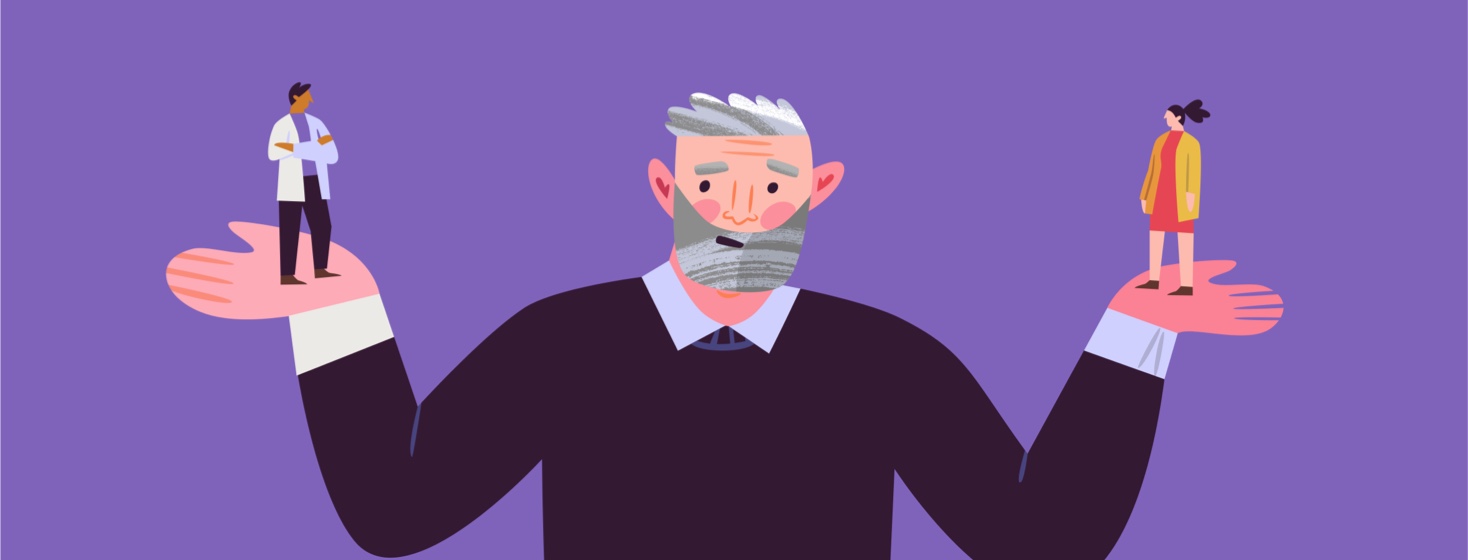What I Wish I Knew When I Started Therapy
You don't have to stay with the first therapist you meet. If you know the first or even second therapist who you meet is not the right fit for you, you have the prerogative to keep searching.
The therapeutic alliance has been linked to the success of the psychotherapeutic treatment across a broad variety of clients, modalities, etc. Ensuring you choose the best therapist for your needs and your personality type is crucial.1
Things to know when starting therapy
Therapy is not a spectator sport
Therapy is not just something that happens to you. You don't sit back and listen while the therapist talks and then your life improves. Therapy is hard work, and it benefits you to be an active participant in the therapeutic process.
You need to come to therapy with topics you want to talk about and not expect the therapist to drive the session. Therapy involves an active dialogue between the therapist and the client – at times, the therapist will talk more and at times the client, but the same person shouldn't always dominate the conversation.
Therapy will often get worse before it gets better
Recovery is not a linear process. You might take 2 steps forward, only to feel as though the following week, you have taken a step back. This is how therapy works.
You are working hard, digging into some painful territory and it's natural to feel discouraged or increasingly anxious about a specific topic you might have just shared for the first time. This is part of the process.
Therapy isn't indefinite
People enter therapy generally because there is a part of their life that isn't working. You and the therapist focus on that issue until there is mutual agreement you have reached your goal(s) and then therapy is concluded.
Yes, there may be additional issues uncovered in your journey that you decide you want to take the time to address. That is an intentional decision that you make with your therapist.
The purpose of therapy isn't to solve all your problems. Your work with the therapist to be better prepared to cope with problems as they occur. Life will never be problem-free. It's our ability to tolerate our emotions in response to these problems that allow us to thrive.
What should you look for in a therapist?
Competence and empathy.
Following the death of comedian Robin Williams by suicide in 2014, psychologist and author, Kay Redfield Jamison published an op-ed in the New York Times titled "To Know Suicide." In it, she writes, "I am often asked what is the most important factor in treating bipolar disorder. My answer is competence. Empathy is important, but competence is essential."2
You can substitute "bipolar disorder" with depression or any mental health condition. Dr. Jamison was diagnosed with bipolar disorder, and she writes and teaches about this diagnosis, so that is her impetus for being so specific. When you choose a therapist, she or he needs to have these 2 qualities. She needs to be excellent at her job, but you also need to feel that you are not just another number on her caseload — you need to feel she truly cares about you as a person.
And what about medication?
Being in psychotherapy does not mean you need medication. Some people might associate being in therapy with taking medication, such as an antidepressant. That is not entirely true. No one can make you take medication without you being a partner in the process. There is a process known as treatment over objection (TOO), but that is used in inpatient settings.3
Or medication may indeed be helpful in combination with psychotherapy. Your therapist might recommend medication if you have been struggling for a significant amount of time with depression or anxiety or another diagnosis, and regardless of how hard you are working in therapy, your symptoms don't seem to be improving.
A myth is that once people start medication, they will need to be on it forever. That is also not true.
Starting therapy is a win again against depression
This is a substantial, though not an exhaustive list from a therapy veteran. Some of these, such as not having to stay with the first therapist you meet, I learned the hard way. Some of them require you, as the client, to be an active participant and advocate for yourself – something which many find difficult to do.
Take small steps and celebrate your victories. Remember, reaching out and asking for help counts one of those victories!
